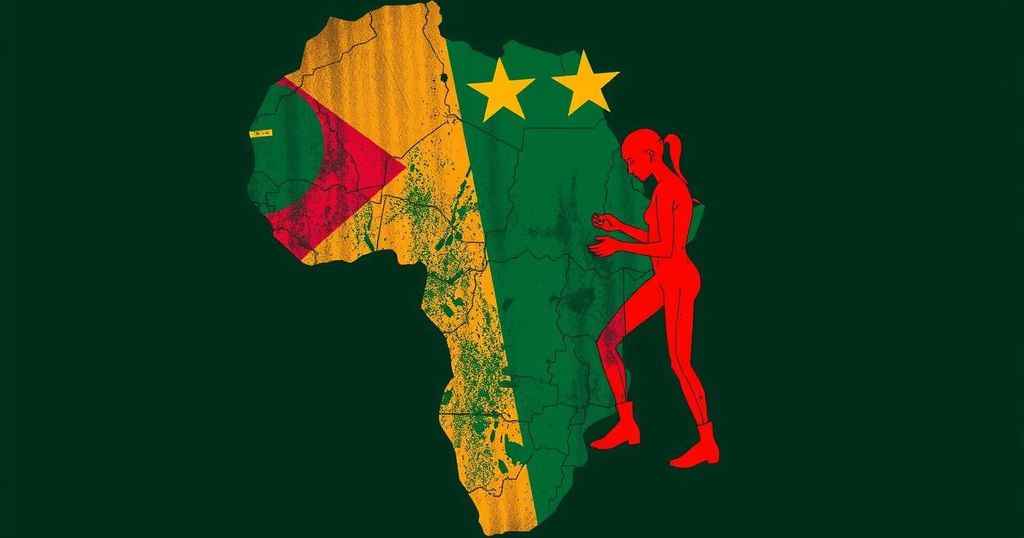Mozambique: Journey Through Civil War to Voting Tensions and Insurgency
Mozambique transitioned from civil conflict to multiparty democracy through elections, but faced ongoing political tensions, economic issues, and a humanitarian crisis from insurgency activities. The 2024 elections sparked allegations of fraud and violence, raising questions about democratic integrity.
Mozambique’s journey following its civil war involved significant political transformation marked by multiparty elections in 1994. Although Frelimo, the ruling party, had its roots as a Marxist-Leninist entity, it underwent reforms leading to democracy. Renamo, once viewed as a violent group, rehabilitated its image to emerge as a legitimate opposition. The 1994 elections were deemed free and fair, establishing a foundation for governance despite complications such as land mines and economic challenges from natural disasters.
Into the 21st century, despite economic growth, poverty remained pervasive, leading to tensions between the ruling party and Renamo, which resulted in a resurgence of conflict. The peace accord of 2014 brought temporary stability, but electoral fraud claims resurfaced in the 2019 elections, with Renamo alleging irregularities. The ongoing insurgency in Cabo Delgado further complicated the political landscape.
As the country approached the 2024 elections, allegations of electoral malfeasance cast doubt on the process, despite Frelimo’s candidate emerging victorious amidst allegations of voter intimidation and violence. The election results prompted Renamo and others to reject them, raising concerns over democratic integrity and the future of peace in Mozambique, as concerns about governance and political inclusion continue to loom large in the wake of political violence and insurgent activities.
Mozambique has undergone a profound transformation since its civil war, which ended formally in 1992. The political landscape was significantly altered with the introduction of multiparty democracy in 1994 following a long period of Frelimo’s one-party rule. Despite progress, governance issues persisted, with Renamo’s insurgency and the government’s response having far-reaching implications for stability. In recent years, exacerbated by natural disasters and economic turbulence, the political climate reflected tensions and heightened stakes regarding elections and governance, further complicated by the emergence of an Islamist insurgency in the northern region of Cabo Delgado.
In summary, Mozambique’s post-war evolution showcases the challenges of building a stable democracy amid political tensions and economic difficulties. Despite significant electoral processes, issues of credibility and governance persist. The latest elections in 2024, marked by allegations of fraud and violence, reflect ongoing concerns regarding the integrity of the electoral process and the persistence of socio-political tensions within the country. Addressing these challenges is essential for fostering peace and reconciliation, ensuring inclusive governance, and overcoming the critical issues faced by the populace.
Original Source: www.britannica.com




Post Comment